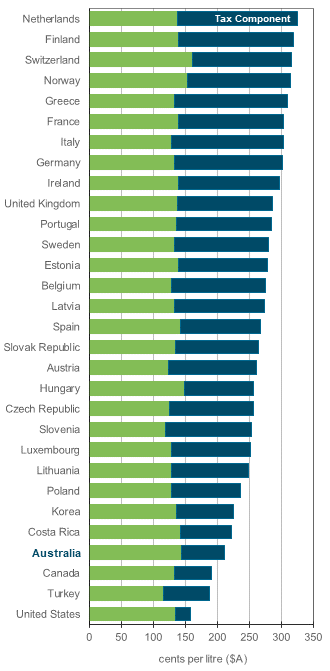While the world is wondering about the future of the electric car, France is a positive exception. A recent study by McKinsey & Company reveals that only 18% of French owners of electric vehicles are considering a return to thermal power.
Of more than 30,000 motorists surveyed around the world, by the firm McKinsey, 29% of those who currently drive electric are thinking of switching to a combustion engine for their next purchase. But that’s an average.
While some countries are struggling to convince their motorists of the benefits of electric power, France stands out with an impressive satisfaction rate. According to the study by McKinsey & Company, only 18% of French electric car owners are considering a return to thermal. A figure which, put into perspective, reveals the success of the French strategy in terms of electric mobility. With 82% of satisfied drivers, France is far ahead of countries like the United States (54% satisfied) or Australia (51%).

Note that France stands out for its particularly favorable context for the adoption of electric cars, particularly due to the high cost of traditional fuels. Pump prices are among the highest in Europe. This situation, combined with relatively cheap electricity thanks to nuclear generation, makes the daily use of an electric car financially advantageous for many French households. The contrast with the historically low gasoline prices in the United States or Australia is striking.

Furthermore, France benefits from significantly higher coverage of charging stations than the United States or Australia, especially if we consider the difference in surface area between these countries. With more than 100,000 public charging points spread across a relatively compact territory, French drivers are less subject to “range anxiety” than their American or Australian counterparts. This density of charging infrastructure, coupled with shorter average distances between cities, makes daily use of an electric car arguably much more practical and less stressful in France.
Moreover, French car manufacturers have undoubtedly played an important role in the success of the electric transition in France. Brands like Renault, with its pioneering Zoé (and soon replaced by the R5), or Stellantis (Peugeot, Citroën, Fiat, etc.) with its electrified range, have been able to offer vehicles that are much more adapted to the needs and expectations of the French market.
And for those who return to thermal?
After 100% electric, one solution seems to stand out: the non-rechargeable hybrid. In May 2024, this technology saw the strongest growth in market share in Europe. A compromise which is attracting more and more motorists, given that it is a smooth transition to electric without the constraints of autonomy and recharging.
Beyond the electric vs thermal debate, the study reveals an interesting underlying trend: 29% of respondents plan to replace their personal vehicle with other forms of transport in the next 10 years. A profound questioning of our transport habits which could well have more impact on the environment than the simple switch to electric.
